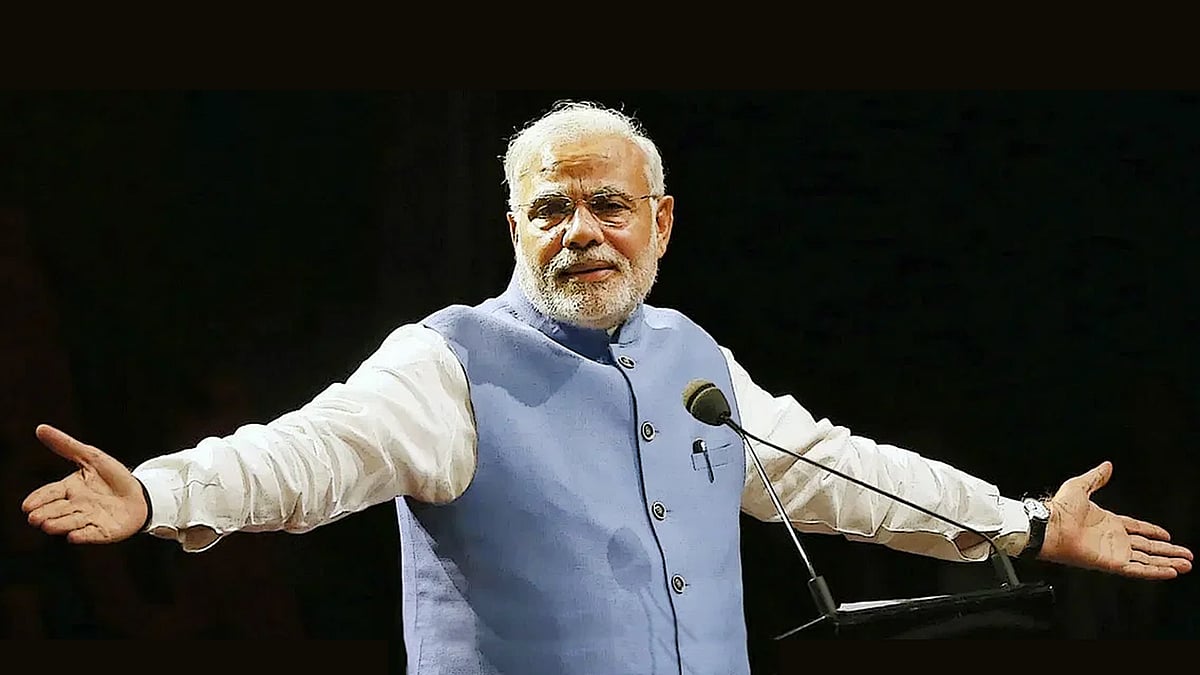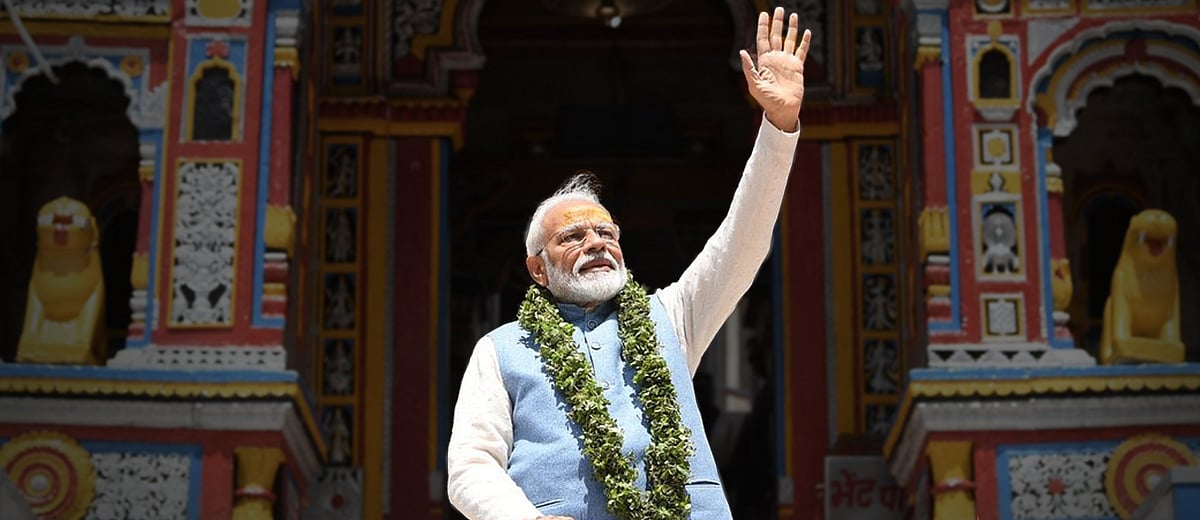Hindutva backlash against Atheist Republic’s founder echoes Islamist reaction to blasphemy
The actions of Islamists and Hindutvawadis underline why there must be no free speech exception for religion.
Two exhibits in the West dubbed “anti-religion expressions” have simultaneously unraveled the hypocrisy of South Asia’s two most prominent religionists over the past week.
Charlie Hebdo republished caricatures deemed anti-Islam to mark the trial of the abettors of the 2015 attack on the French satirical magazine’s office; Atheist Republic’s Armin Navabi posted images interpreted as “anti-Hindu” in India.
Navabi is the founder of Atheist Republic, an online community of “godless heathens”, and author of Why There Is No God. He regularly critiques religion, especially Islam, the faith he was born in.
In Pakistan, thousands of Islamists rallied to condemn Charlie Hebdo in defiance of the coronavirus protocol against gatherings, mirroring the violent protests against the cartoons in 2015. In India, a police complaint was filed against Navabi, and he received a barrage of death threats on social media.
In spite of the rise of Hindutva in India and the accompanying mob violence, any equivalence with Islamism until recent years has been largely misplaced given the latter’s global reach and the scale of terrorism inspired by it.
Still, given the scale of the backlash against Navabi – from remarks by Vishwa Hindu Parishad spokesman Vinod Bansal and Bollywood actor Kangana Ranaut to repulsive social media threats against his family – it seems that India’s Hindu nationalists are embracing the very tendencies that they sweepingly accuse Islamists of.
It is no coincidence that Ravi Sisodia and Mumtaz Qadri are hailed as heroes and revered as “martyrs” in India and Pakistan by leading politicians.
Hypocrisy is similarly binding to their respective religious supremacism. Where violence erupts in Pakistan over Prophet Muhammad’s cartoons published overseas, mockery of Hinduism and Hindu idols is fair game. The Hindutva brigade targeting Atheist Republic and other such groups online has been vocal in support of the right to blaspheme against Islam.
Together, the actions of Islamists and Hindu nationalists underline why blasphemy against all ideologies must be universally championed without a free speech exception for religion.
Asterisks on free speech, however, are inevitable since tweeting nuclear codes or bomb jokes at an airport – today’s equivalent of yelling fire in a crowded theatre – would be examples of the checks needed on absolute free speech. This is perhaps where the American constitution offers the best definition of “hate speech” which merits censoring, by limiting the exceptions to incitement towards lawlessness and threats of violence.
Any state that vies to suppress criticism of religion clamps down on a fundamental right enshrined in Article 19 of the United Nations Universal Declaration of Human Rights. In India and Pakistan, this exception is codified in Section 295A of their penal codes.
The section, enacted in 1927, bans “deliberate and malicious acts intended to outrage religious feelings”. While 295A of the Indian Penal Code applies equally to all religions, the Pakistan Penal Code added Islam-specific clauses B and C in 1987, in accordance with the tide of Islamic supremacism sweeping the country then. As a result, over 4,000 blasphemy cases were registered in Pakistan over the next 23 years as against only seven in the previous four decades.
This exception for Islam is directly responsible for Pakistan’s blasphemy law becoming a murderous weapon. An identical demand for the elevation of Hinduism, coupled with violent punishment, will result in a similar explosion in India where mob violence is already linked to exceptions for beef.
Support for freedom of speech encompassing the right to criticise religion – still an unthinkable, often suicidal argument in Pakistan – is not designed to imitate the West or to force the believers to partake in insulting their beliefs. It’s to simply drive home the empirical reality that there exists no free speech without the freedom to offend, which indeed includes the freedom to be offended.
Outraged sentiments, however, should never be grounds for curtailing this right to express offensive views. For it’s the ideas that challenge existing narratives, and the artificially designed limitations to thought and expression, that form the foundation of progress and hence need protection. Therefore, we need to challenge the murderous intimidations of 295-B and 295-C in Pakistan, and the progressive narrative on India should be on elimination of 295-A.
But instead of pushing for progress beyond the confines of religion by undoing antediluvian laws, it seems that the dream of a secular equilibrium in South Asia might have to make way for a religionist one. Before fulfilling a centuries-old quest for Islamic enlightenment, we might actually see Hindu nationalism basking in similar darkness.
 How the Hindu man’s crisis of masculinity fuels Hindutva
How the Hindu man’s crisis of masculinity fuels Hindutva Modi and the rise of nationalism with a Hindu flavour
Modi and the rise of nationalism with a Hindu flavour